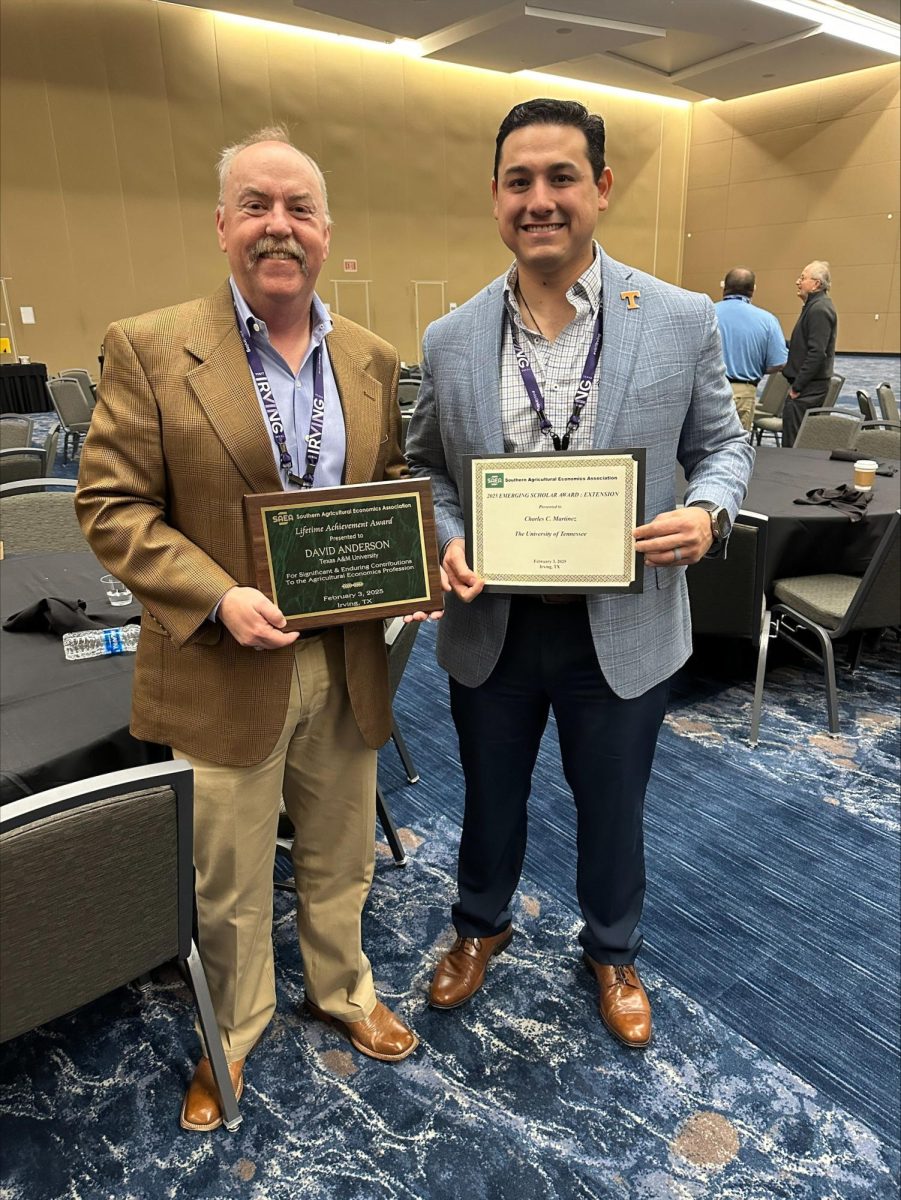Living healthy away from home can be difficult for even the most disciplined of students. However, Texas A&M offers several resources and options to help students live a healthy and well-rounded lifestyle.
A&M has registered dietitians to help combat health issues that students of all ages face. Meghan Windham, a registered dietitian at Student Health Services, said she believes unhealthy habits develop due to the difference between the daily lifestyle of a college student and that of a high school student living at home.
“I think a lot of it is a difference in schedule and routine,” Windham said. “We’re finding that students, who are trying to make decisions on their own, haven’t ever cooked in their life or haven’t ever done any grocery shopping. When they were living at home, parents did most of that.”
Windham said a lack of nutritional understanding does play a part in the problem. However, the decrease in structure and increase in flexibility that college life brings also creates inconsistent and unhealthy eating patterns.
“It’s more of an education piece, but also can be lack of time too,” Windham said. “Feeling busy with school and classes and work provides an outlet to grab fast food or go out to eat with friends in a social setting. This causes a change in eating patterns.”
College students also struggle to develop healthy exercise regimens under the demanding time commitment of class and student organizations, Windham said.
“[In high school,] you usually have a period of time that you are [exercising] throughout the day, whereas in college, there is a lot more flexibility and a lot less structure,” Windham said. “It takes a little bit more of persistence of wanting to exercise or feeling the desire to exercise.”
With Windham’s expertise, she also has general rules for exercising and eating habits to help students make healthy living a priority while attending college.
“I encourage students to put [exercise] in their schedule just like they would a class,” Windham said. “A good rule of thumb for eating is to try to make half of your plate fruits and vegetables. Whether that is at SBISA on campus, out to eat or in your own dorm room, we can make that work.”
Windham said students should seek help and knowledge offered by the A&M facilities and services.
“I am here on campus for any student to schedule an appointment with the Beutel Health Center,” Windham said. “I am happy to meet with students and help them with what they can choose, how they can start cooking and what they can look for in the grocery store.”
Molecular and experimental nutrition senior Jessica Scheves has learned that unhealthily living in college can come in many forms. One of these forms is brought on by lack of planning and irregular eating schedules, she said.
“It’s really easy to get caught up in the busy schedule of college and realize that you haven’t eaten all day and then decide to wait till you get home and eat all at once,” Scheves said. “When we eat meals at different times, it affects our circadian rhythm. This is a huge thing I like to emphasize to people.”
Scheves said there is a growing interest among nutritionists in how a lack of meal preparation has affected student’s health.
“Waiting for one meal puts a lot of additional stress on our body,” Scheves said. “This, in turn, can affect our sleeping choices at night. There is some research in our research department that specifically [focuses on] circadian rhythm and nutrition and how that plays a role in obesity.”
For students looking for other resources and help for healthy habits, the Texas A&M AgriLife Extension Service has resources both on YouTube and in person.
Making time for healthy habits
September 1, 2019
Photo by Photo by Meredith Seaver
Nutrition
0
Donate to The Battalion
$2790
$5000
Contributed
Our Goal
Your donation will support the student journalists of Texas A&M University - College Station. Your contribution will allow us to purchase equipment and cover our annual website hosting costs, in addition to paying freelance staffers for their work, travel costs for coverage and more!
More to Discover










